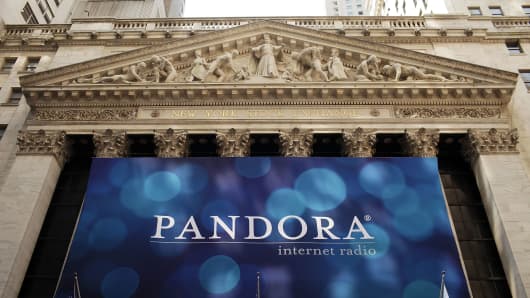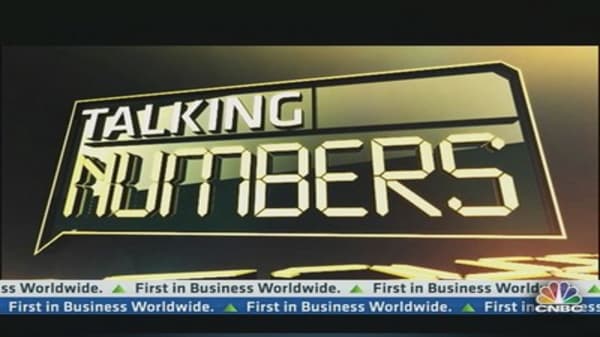Clearly, this proves there is some truth to the notion of "strength in numbers." But it also validates previous claims made by Sirius XM and Pandora that there are, in fact, discriminative practices in this industry regarding royalties and licenses. They've complained about being forced to overpay.
It's also worth noting here that the reduced royalty rate that Clear Channel enjoys by virtue of its association with RMLC has also extended to Pandora's rival iHeart Radio, which is owned by Clear Channel. Did this present iHeart Radio with an unfair advantage? Maybe and maybe not. But Pandora felt it was time to get aggressive.
By acquiring KXMZ-FM, Pandora has become "unionized." It's unclear how much more effective KXMZ-FM will make Pandora's fight to lower its costs. But it's nonetheless an important chip Pandora can use at the negotiating table or in the court system. Pandora had no choice here, especially given the market share it had amassed over the past 12 months in some very important radio markets. Its growth has been both a good and a bad thing.
"Growing" means the company is gaining more listening hours, which helps the company negotiate better deals with advertisers. The bad news is that ... well, the company is gaining more listening hours, which means that Pandora has to pay more in royalties. This has always been the quirky nature of this business model and the main reason that I've stayed away from the stock.
(Read More: ZenoRadio, a Poor Man's Pandora, Is Booming)
The company, however, seems determined to change its tune. I don't believe that buying KXMZ-FM will immediately do that. But I do feel a little bit better about management's ability to make money down the road, even though Pandora has downplayed the near-term impact—suggesting it expects less that 1 percent saving in acquisition costs.
It's interesting, though, how some people who claim Pandora is "good for musicians" are quick to ignore how often Pandora tries to circumvent paying musicians for their work. The fame is not enough—it never will be.
For now, I believe the stock is fairly priced. Although there could be more long-term value in these shares, it's too risky to dive in blindly without knowing, at least for a couple of quarters, what impact these recent new entrants like Apple and Google will have on this "musical chair" business model.




